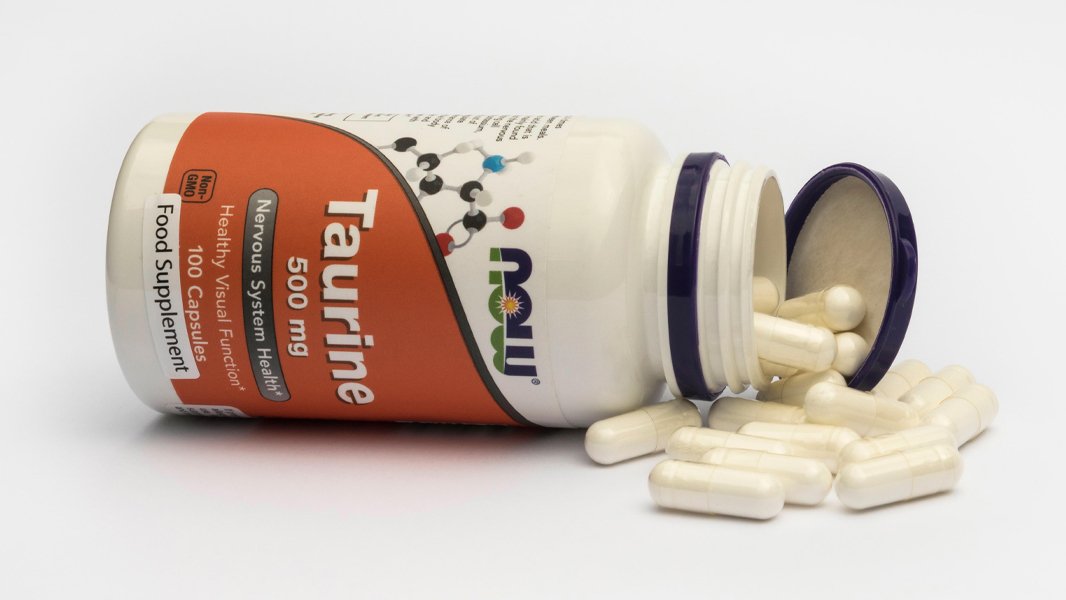Amino Acid: The Power of Taurine as a Medicinal Dietary Supplement
Introduction
Amino acids are the building blocks of life, and they play a crucial role in our overall health. Among these amino acids, taurine stands out as a remarkable compound with numerous medicinal benefits. In this article, we will explore the world of taurine, its significance, and how it functions as a dietary supplement. We will also delve into its various applications in medicine and its impact on different aspects of health.
What Are Amino Acids?
Before we dive into the specifics of taurine, let’s briefly understand what amino acids are. Amino acids are organic compounds that combine to form proteins. They are vital for various biological processes in our bodies, from supporting muscle growth to aiding in digestion.
The Significance of Taurine
Taurine is a semi-essential amino acid, which means our bodies can produce it, but dietary sources are also essential for optimal health. This amino acid is abundant in several body tissues, such as the heart, brain, and eyes, underlining its importance.

Taurine in Nature
Taurine is not only found in the human body but also occurs naturally in many animal-based foods. It’s notably abundant in seafood, particularly in shellfish like clams and mussels, and can also be found in smaller quantities in dairy products and poultry.
Taurine as a Dietary Supplement
Due to its potential health benefits, taurine is widely available as a dietary supplement. Many people choose to take taurine supplements to harness its therapeutic properties and enhance their well-being.
Taurine and Medicine
How Taurine Benefits the Heart
One of the most well-researched aspects of taurine is its positive impact on heart health. Taurine helps regulate blood pressure and supports the functioning of cardiac muscles. It may reduce the risk of cardiovascular diseases, making it a valuable addition to heart health regimens.
Taurine and Brain Health
Taurine has neuroprotective qualities, promoting brain health. It may improve cognitive function and protect against neurological disorders like Alzheimer’s disease. Incorporating taurine into your diet or supplement regimen could help maintain mental sharpness.
Taurine for Eye Health
Taurine’s presence in the retina highlights its significance in eye health. It acts as an antioxidant, shielding the eyes from oxidative stress. This may help in the prevention of eye conditions such as macular degeneration.
Taurine in Sports and Fitness
Athletes and fitness enthusiasts often use taurine supplements to enhance their performance. It is believed to reduce exercise-induced muscle damage and fatigue, potentially leading to better workouts and faster recovery.
The Recommended Dosage
For individuals considering taurine supplementation, it’s essential to understand the recommended dosage. Generally, daily doses of 500 to 2,000 milligrams are considered safe and effective. However, it’s advisable to consult a healthcare professional for personalized guidance.
Potential Side Effects
While taurine is generally safe, some individuals may experience mild side effects, such as stomach discomfort or headaches. It’s crucial to monitor your body’s response and discontinue use if adverse reactions occur.
Taurine Sources in Diet
For those who prefer obtaining nutrients through whole foods, incorporating taurine-rich foods into their diet is an excellent option. As mentioned earlier, seafood, dairy, and poultry products are great sources.
Frequently Asked Questions (FAQs)
1. Can taurine supplements replace a healthy diet?
Taurine supplements should complement a balanced diet, not replace it. It’s important to maintain a well-rounded and nutritious eating plan.
2. Are there any age restrictions for taurine supplements?
Taurine supplements are generally safe for individuals of all ages, but it’s advisable to consult a healthcare provider before giving them to children.
3. Can taurine interact with other medications?
Taurine is usually well-tolerated, but it’s prudent to consult with a healthcare professional, especially if you are taking other medications.
4. Is taurine suitable for vegetarians or vegans?
Taurine is primarily found in animal-based foods, so individuals following a strict vegan or vegetarian diet may need to consider supplements or alternative dietary sources.
5. How long does it take to experience the benefits of taurine supplementation?
The time it takes to experience the benefits of taurine can vary from person to person. Some individuals may notice improvements in a few weeks, while for others, it may take longer.
Conclusion
Taurine, as a medicinal dietary supplement, offers a broad spectrum of health benefits. From supporting heart health to promoting brain function and aiding in eye protection, its versatility is truly remarkable. Whether you choose to incorporate taurine into your diet or take it as a supplement, remember to do so under the guidance of a healthcare professional for the best results.


